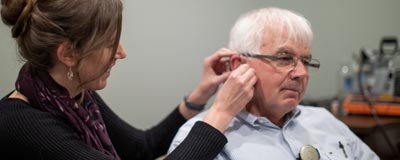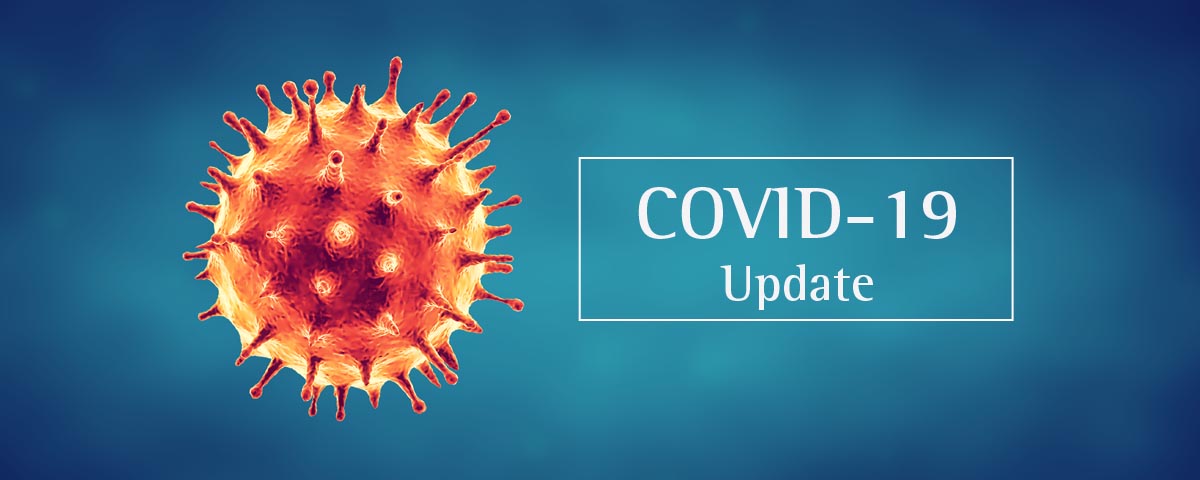What Medications Are Ototoxic?
One common type of ototoxic medications are aminoglycoside antibiotics, often used to treat bacterial infections. These antibiotics can damage the hair cells in the inner ear, leading to permanent hearing loss. Other antibiotics, such as erythromycin and vancomycin, can also cause temporary hearing loss. Another group of ototoxic medications are diuretics, which are used to treat high blood pressure and heart failure. These medications can cause temporary hearing loss by affecting the balance of fluids in the inner ear. Cisplatin, a chemotherapy drug, is also ototoxic and can cause both temporary and permanent hearing loss. In addition, other chemotherapy drugs, such as carboplatin and paclitaxel, can cause hearing loss.
Non-Prescription Ototoxic Medications
There are also non-prescription medications that can be ototoxic, such as certain non-steroidal anti-inflammatory drugs (NSAIDs):
- Aspirin
- Ibuprofen
- Naproxen
These medications can cause temporary tinnitus and hearing loss. It’s important to note that not everyone who takes ototoxic medications will experience a hearing loss or tinnitus. The risk of experiencing these side effects depends on a variety of factors, including the type and dose of the medication and the individual’s overall health.
What to Do If You’re Taking Ototoxic Medication?
You must contact your healthcare provider if you are taking ototoxic medications and experiencing a hearing loss or tinnitus. They may be able to adjust the dosage or switch to a different medication that has fewer side effects. At Davidson Hearing Aid Centres, we recommend that all patients who are taking ototoxic medications have their hearing tested before and after treatment. This can help to detect any changes in hearing early on and allow for prompt treatment to minimize the risk of permanent hearing loss. In addition, we recommend that patients who are taking ototoxic medications wear earplugs or noise-cancelling earphones to protect their ears from loud noises, which can worsen the damage caused by the medication.
What Are the Signs of Hearing Loss?
It’s important to be aware of the signs of hearing loss, such as:
- Difficulty hearing conversations in a noisy environment
- Difficulty understanding speech on the phone
- Difficulty hearing high-pitched sounds
If you experience any of these symptoms, it is a good idea to contact your audiologist and schedule a hearing test.
What Next?
In conclusion, ototoxic medications can cause hearing loss and tinnitus, but it’s important to be aware of the potential side effects and to discuss them with your healthcare provider before starting treatment.
At Davidson Hearing Aid Centres, we recommend that anyone over 50 – regardless of whether they are taking ototoxic medications – schedule a comprehensive hearing assessment with a local hearing health care professional to determine the status of your hearing. This way, if anything does change from the use of medications in the future – we will have a baseline test to identify changes to your hearing.
Click here to schedule a hearing assessment with our team today. Or if you would prefer, you can request a callback to discuss your specific needs with one of our staff.






